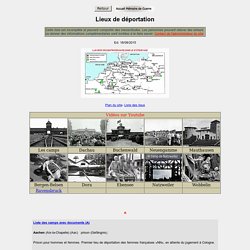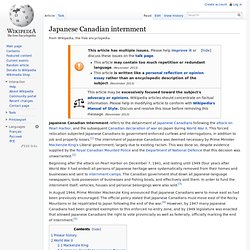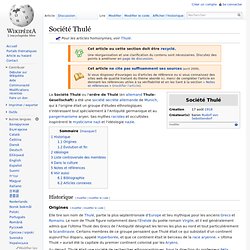

Liste des camps de déportation. Ebensee Kommando du KL Mauthausen Le village d’Ebensee est situé sur le lac Traunsee, entouré de grands massifs montagneux.

Implanté le 18 novembre 1943, le camp qui y est installé fonctionne pour la création d’usines souterraines creusées dans la montagne devant produire de l’essence synthétique et des armes secrètes. Le projet reçoit comme nom de code « Zement ». 14 tunnels sont engagés, et 10 000 détenus travaillent au camp à la fin de l’année 1944. Le 6 mai 1945, date de sa libération, il compte même plus de 16 000 personnes, venues de différents camps évacués devant l’avance alliée. Ebrach Ebr - Prison de prévention et d’application des peines de prison pour les «NN» du Nord-Pas-de-Calais. Eger (Eg). Eisenach ou «Emma» (Eis) Kommando du KL Buchenwald, situé à Dürrerhof, sur la commune de Hötzelsroda, près d’Eisenach, ce Kommando est ouvert vers le mois de mars 1944 et évacué en février 1945. Eisenberg (Ebg) Jezeří Erfurt (Erf) : Ville de Thuringe. Erlangen (Erl). Les étapes importantes de la Seconde Guerre mondiale. NAZISMO. Japanese Canadian internment. Beginning after the attack on Pearl Harbor on December 7, 1941, and lasting until 1949 (four years after World War II had ended) all persons of Japanese heritage were systematically removed from their homes and businesses and sent to internment camps.

The Canadian government shut down all Japanese-language newspapers, took possession of businesses and fishing boats, and effectively sold them. In order to fund the internment itself, vehicles, houses and personal belongings were also sold.[3] In August 1944, Prime Minister Mackenzie King announced that Japanese Canadians were to move east as had been previously encouraged. Prewar history[edit] Tensions between Canadians and Japanese immigrants to Canada existed long before the outbreak of World War II.
Starting as early as 1858, with the influx of "Orientals" during Fraser Canyon Gold Rush, negative beliefs and fears about Asian immigrants began to affect the populace in British Columbia. Société Thulé. Un article de Wikipédia, l'encyclopédie libre.

Pour les articles homonymes, voir Thulé. La Société Thulé ou l'ordre de Thulé (en allemand Thule-Gesellschaft) a été une société secrète allemande de Munich, qui à l'origine était un groupe d'études ethnologiques s'intéressant tout spécialement à l'Antiquité germanique et au pangermanisme aryen. Ses mythes racistes et occultistes inspirèrent le mysticisme nazi et l'idéologie nazie. Historique[modifier | modifier le code] Origines[modifier | modifier le code] Au départ, Thulé était une société de recherches ethnographiques.
La Société Thulé, elle, a été créée par le faux baron Rudolf von Sebottendorf le 17 août 1918. Des liens ont été imaginés avec l'hypothétique Société du Vril. Vers 1923, Rudolf Hess, revenu à Munich, devient l'un des animateurs de l'Ordre de Thulé, dont Hermann Göring est l'un des membres les plus célèbres. The Unseen Holocaust. Bush Family secrets & Hitler... Schutzstaffel. The Schutzstaffel (German pronunciation: [ˈʃʊtsˌʃtafəl] ( ), translated to Protection Squadron or defence corps, abbreviated SS—or Background[edit] The SS grew from a small paramilitary unit to a powerful force that served as the Führer's bodyguard, the Nazi Party's "Protection Squadron" and a force that, fielding almost a million men (both on the front lines and as political police), managed to exert as much political influence in the Third Reich as the Wehrmacht, Germany's regular armed forces.
According to the Nuremberg Trials, as well as many war crimes investigations and trials conducted since then, the SS was responsible for the vast majority of Nazi war crimes. Chosen to implement the Nazi "Final Solution" for the Jews and other groups deemed inferior (and/or enemies of the state), the SS was the lead branch in carrying out the killing, torture and enslavement of approximately 12 million people.
Special ranks and uniforms[edit] Ideology[edit] Merger with police forces[edit]